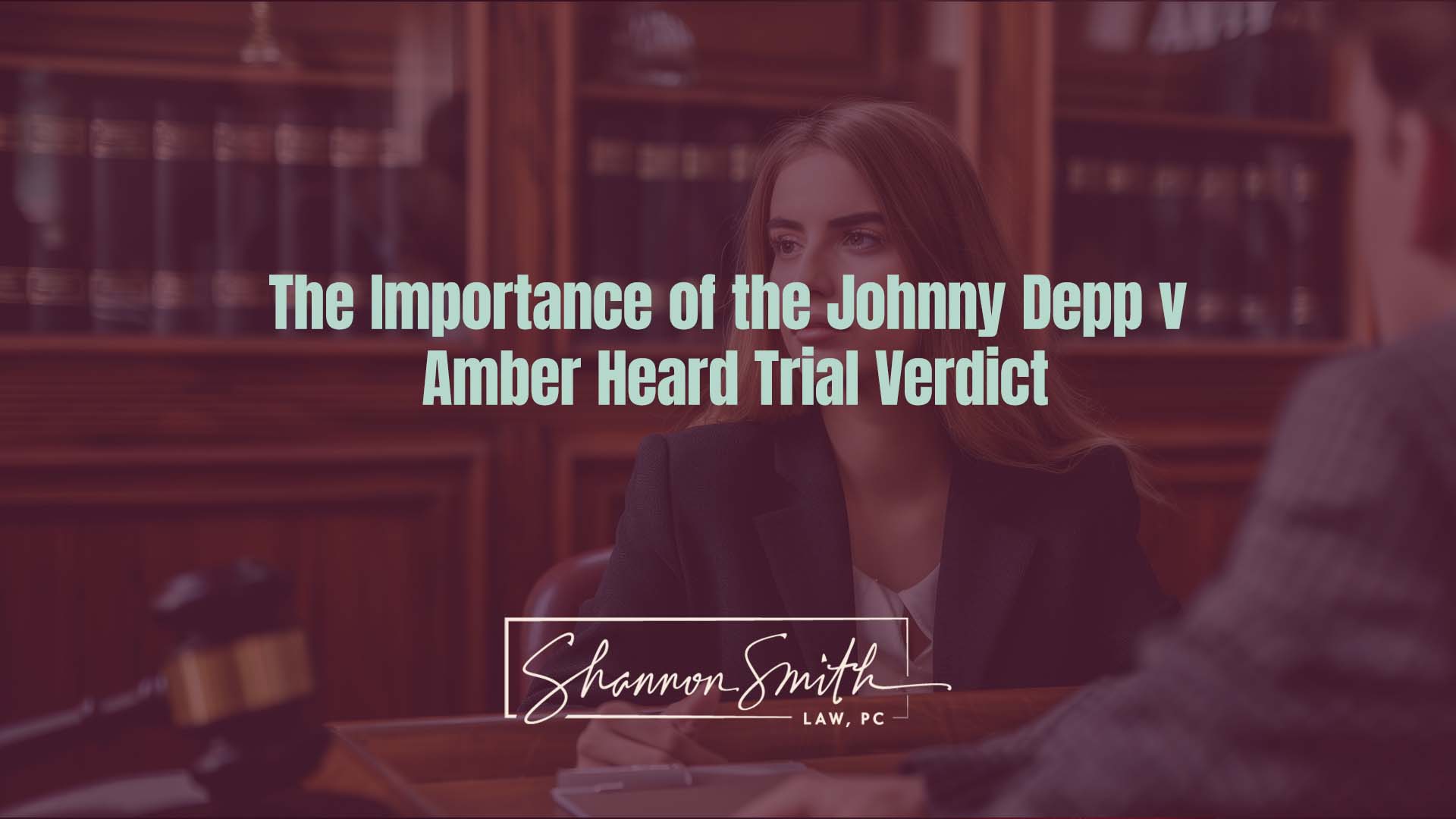At Smith Lehman, many of the cases we handle are “he said — she said” situations. You would think these cases are simple – one person makes a claim with absolutely no physical or corroborating evidence – no DNA, no fingerprints, no eyewitness corroboration, absolutely nothing to back up their allegations. The only thing a falsely accused suspect can really say is, “That never happened.” And unfortunately, that is not enough. It is not enough to stop the prosecution from securing a warrant; it is not enough to prevent the accused from being arrested; and it is not enough to stop our clients from facing what will likely be the worst year of their life as the case progresses. Our clients often ask us, “How can I be prosecuted just because a person says something happened?!?! There’s no evidence!”
The Jury Instructions Allowing No Further Evidence
We wish the courts required more evidence in criminal sexual conduct cases. Instead, however, the courts actually instruct the jury that corroborating evidence is not required. The standard jury instruction read at Michigan criminal sexual conduct jury trials reads as follows: “To prove this charge, it is not necessary that there be evidence other than the testimony of the complainant, if that testimony proves guilt beyond a reasonable doubt.” To put it bluntly, someone saying something is enough, as long as the jury believes them. And in reality, it is even worse than it sounds.
You would expect that the person making a claim would have to give at least some specific details. When exactly, do they claim it happened? What exactly, do they claim happened? Although it sounds reasonable that a person would have to explain these things, the courts actually instruct juries that the opposite is true. While the prosecutor does have to prove that the crime occurred in the county of the trial, the prosecution does not have to prove the timeframe or specific details. The standard jury instruction that is read at trial reads: “Time, however, is not an element of the crime of criminal sexual conduct. The prosecutor does not have to prove the date or time of the offense beyond a reasonable doubt.” As a result, it is not unusual for allegations to be over a long possible stretch of time. For example, a complainant can say, “I think I was about 6,” or “it happened over a five-year time span,” and this is considered sufficient.
How Criminal Sexual Conduct Evidence is Different
Part of what makes Michigan criminal sexual conduct cases difficult to defend is the lack of details complainants have to give on these issues. In most criminal cases, you can call other witnesses who were present or around at the time of the crime; you can show alibi evidence – proving that your client could not have been present at the time of the alleged crime; and you can do things like point to bank records and phone records to show what the accused was actually doing at the time of the alleged event. But when someone does not have to give an exact date, it’s impossible to know precisely what you are defending. As much as our clients cannot fathom how this is fair, our office is used to it. Years ago when we started defending these cases, we had to find strategies to overcome this hurdle. The law on it has not changed over the fifteen years that our lawyers have been handling these cases.
There are Still Strategies to Defend Child Criminal Sexual Conduct Cases
With this in mind, we have determined strategies to give our clients the best possible defense, despite the rules that allow vague allegations to proceed forward. It is honestly much harder for our clients to grasp that this could happen, because it feels so unfair. Most of our clients have never been in trouble for a speeding ticket, let alone a life offense, and do not find the realities of the criminal justice system to feel very fair. And we agree. It is not fair, and our clients and their families have every right to feel this way.
That being said, it is not going to change. It is more important for us to shift our focus to what can be done instead of the unfairness that exists. At Smith Lehman, we absolutely believe that the stakes are too high for people who are accused. We agree that more accuracy and details should be required when making such serious claims. When someone is accused of criminal sexual conduct, let alone charged in court, their entire life becomes flipped upside down on its head. Not only is the accused facing possible serious consequences like prison and sex offender registry, but many of our clients become tangled in a web of other legal issues as well. For example, some parents are prohibited from seeing their own children by Child Protective Services cases as the criminal case progresses. When employers find out that an employee is accused of a sex crime and facing a case in court, many employers become concerned they will face liability if they allow the person to continue working. As a result, it is not uncommon for the accused to suddenly lose their positions in careers they have worked hard for their whole life.
If you or a loved one are facing accusations of criminal sexual conduct, it is important to secure an experienced criminal sexual conduct defense lawyer as soon as possible. At Smith Lehman, when we are hired early on, we can attack the case and help avoid charges all together in some cases. If charges are inevitable and cannot be avoided, at the very least we can set the case up in the best way possible as it moves forward. Call today to connect with a member of our team and learn more.




